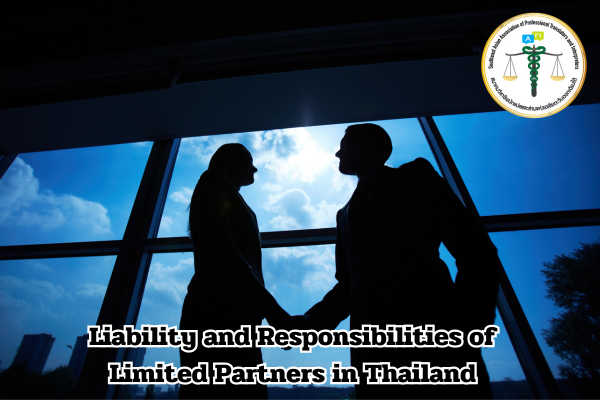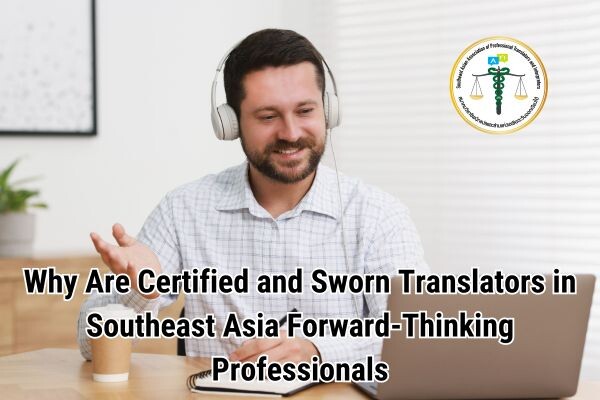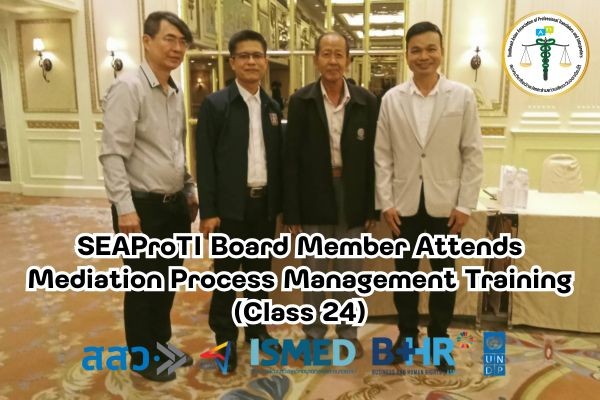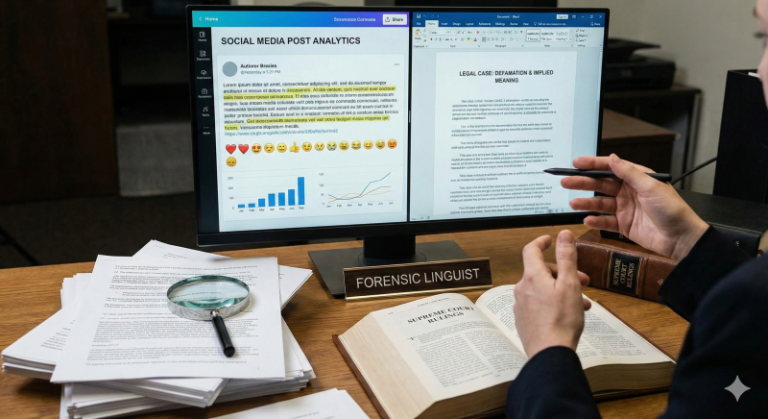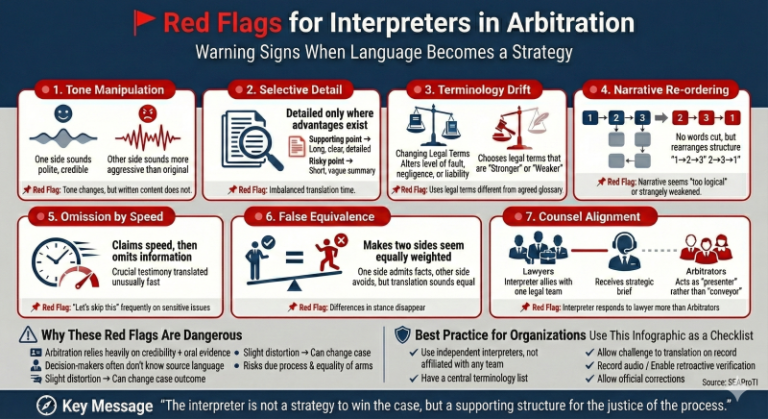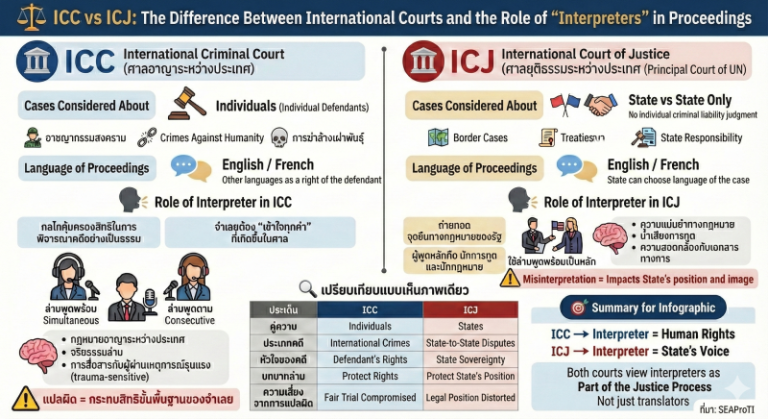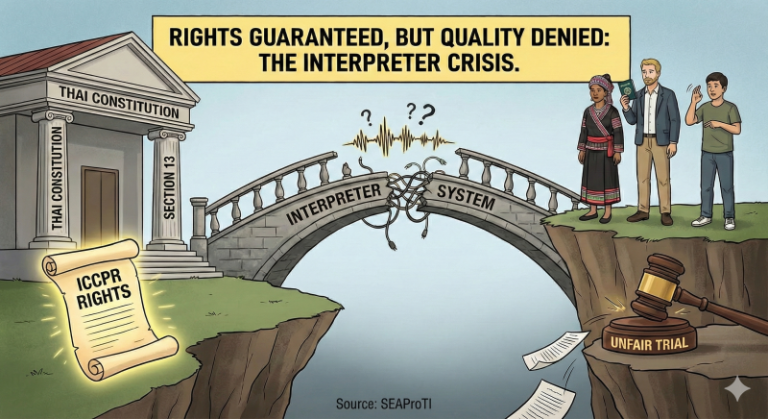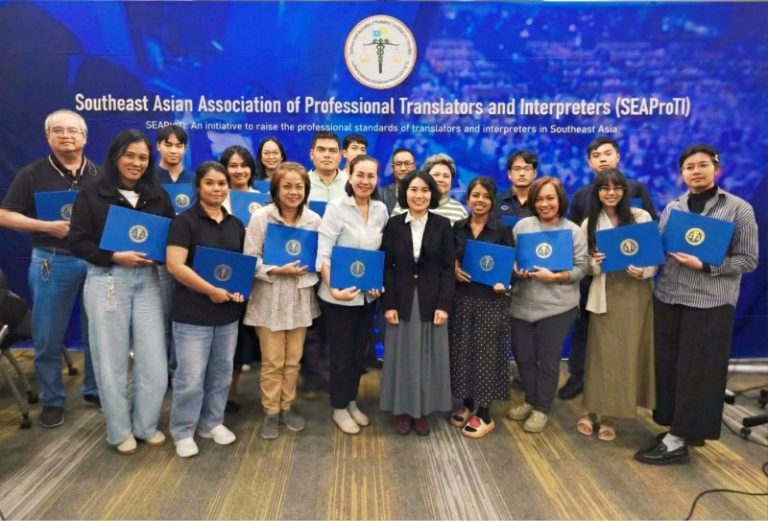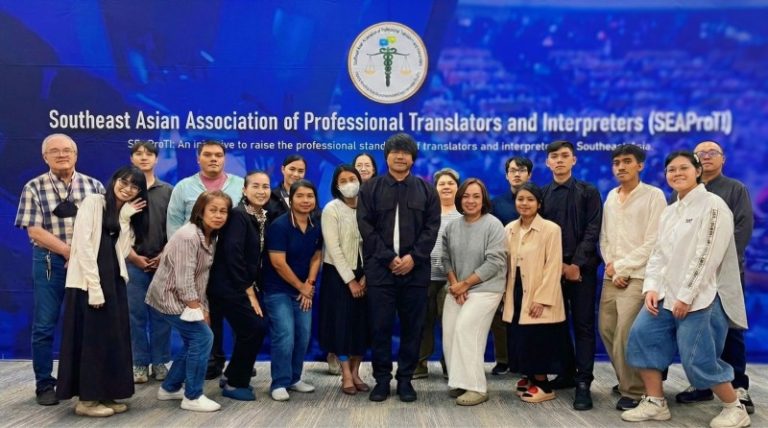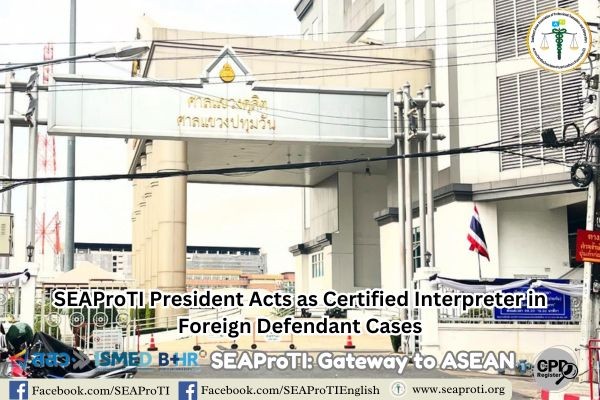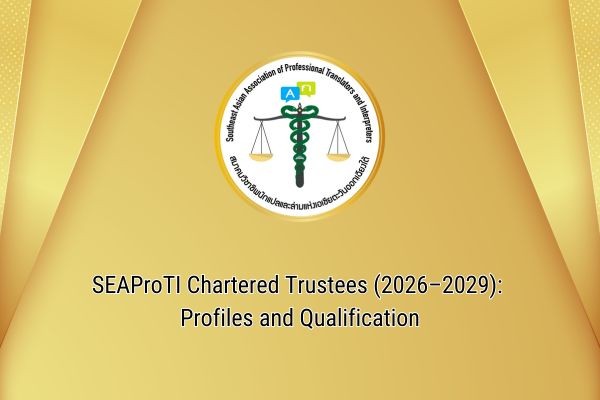Liability of Limited Partners in Thailand
20 January 2025, Bangkok – A limited partnership, as regulated under the Civil and Commercial Code of Thailand, is a business structure that distinguishes between managing partners and limited partners. This differs from an ordinary partnership, where all partners share joint and unlimited liability. In a limited partnership, managing partners bear joint and unlimited liability, whereas limited partners are only liable up to the amount of their respective contributions.
However, there is a crucial exception: if a limited partner interferes in the management of the partnership, they may be held jointly and unlimitedly liable for the obligations of the partnership. Section 1088 of the Civil and Commercial Code states:
“If a partner with limited liability interferes with the management of the partnership, he becomes jointly and unlimited liable for all the obligations of the partnership.
Options and advice, votes given for the appointment or dismissal of managers in cases provided by the contract of partnership, are not considered as interference with the management of the partnership.”
This raises an important legal question: what constitutes interference in the management by a limited partner?
Supreme Court Decision No. 2066/2545
The Thai Supreme Court addressed this issue in Decision No. 2066/2545, which involved litigation between a corporate plaintiff and a limited partnership (the First Defendant). The Court ruled as follows:
“The Second Defendant, who is the managing partner, must be held jointly liable with the limited partnership, the First Defendant. As for the Third Defendant, although designated as a limited partner, they were responsible for delivering goods to foreign countries and received a power of attorney from the First Defendant to make payments by cheque. Furthermore, the Third Defendant signed a Memorandum of Understanding, affixed the corporate seal of the First Defendant, and acted on behalf of the First Defendant. Therefore, it is deemed that the Third Defendant interfered in the management of the First Defendant. Consequently, the Third Defendant must be held jointly and unlimitedly liable with the First and Second Defendants under Section 1088.”
Role of Certified Translators and Interpreters
In such cases, certified translators, sworn translators, and certified interpreters from the Southeast Asia Professional Translators and Interpreters Association (SEAProTI) play a vital role. They ensure accurate translations of crucial legal documents and facilitate effective communication among stakeholders, particularly in legal and administrative processes. Their expertise ensures that contracts, agreements, and court proceedings are clearly understood and properly documented, reducing potential misunderstandings that could lead to legal disputes.
Conclusion
Company law in Thailand is complex, and selecting the appropriate business structure requires careful consideration. For foreign investors, understanding the liability of limited partners and the potential risks of management interference is essential. Consulting with experienced corporate lawyers in Thailand is strongly advised to ensure compliance with legal requirements and to safeguard business interests. Moreover, the support of certified translators and interpreters ensures clarity and precision in all legal matters, contributing to the smooth operation of business activities in Thailand.
SEAProTI’s certified translators, translation certification providers, and certified interpreters:
The Southeast Asian Association of Professional Translators and Interpreters (SEAProTI) has officially announced the criteria and qualifications for individuals to register as “Certified Translators,” “Translation Certification Providers,” and “Certified Interpreters” under the association’s regulations. These guidelines are detailed in Sections 9 and 10 of the Royal Thai Government Gazette, issued by the Secretariat of the Cabinet under the Office of the Prime Minister of the Kingdom of Thailand, dated July 25, 2024, Volume 141, Part 66 Ng, Page 100.
To read the full publication, visit: the Royal Thai Government Gazette
ความรับผิดของหุ้นส่วนจำกัดในประเทศไทย
20 มกราคม 2568, กรุงเทพมหานคร – หุ้นส่วนจำกัดเป็นรูปแบบของธุรกิจที่มีกฎหมายควบคุมภายใต้ประมวลกฎหมายแพ่งและพาณิชย์ของประเทศไทย ลักษณะเด่นของหุ้นส่วนจำกัดคือการแยกบทบาทของหุ้นส่วนออกเป็นสองประเภท คือหุ้นส่วนผู้จัดการและหุ้นส่วนจำกัด ซึ่งแตกต่างจากหุ้นส่วนสามัญที่หุ้นส่วนทุกคนมีความรับผิดร่วมกันและไม่จำกัดจำนวน ในหุ้นส่วนจำกัด หุ้นส่วนผู้จัดการจะต้องรับผิดร่วมกันและไม่จำกัดจำนวนความรับผิด ในขณะที่หุ้นส่วนจำกัดจะมีความรับผิดเฉพาะในจำนวนเงินที่ตนลงทุนในหุ้นส่วนจำกัดนั้นเท่านั้น
อย่างไรก็ตาม มีข้อยกเว้นที่สำคัญในกรณีที่หุ้นส่วนจำกัดเข้าไป “แทรกแซง” การบริหารงานของหุ้นส่วนจำกัด ซึ่งอาจทำให้หุ้นส่วนจำกัดต้องรับผิดร่วมกันและไม่จำกัดจำนวนกับหุ้นส่วนผู้จัดการตามที่ระบุไว้ในมาตรา 1088 ของประมวลกฎหมายแพ่งและพาณิชย์ว่า:
“ถ้าหุ้นส่วนจำกัดได้แทรกแซงในการจัดการงานของหุ้นส่วนจำกัด หุ้นส่วนจำกัดนั้นย่อมต้องรับผิดร่วมกันและไม่จำกัดจำนวนในบรรดาหนี้สินของหุ้นส่วนจำกัดนั้น
คำแนะนำหรือการออกเสียงเลือกตั้งหรือถอดถอนผู้จัดการในกรณีตามที่บัญญัติไว้ในสัญญาหุ้นส่วนจำกัด ไม่ถือว่าเป็นการแทรกแซงในการจัดการงานของหุ้นส่วนจำกัดนั้น”
ดังนั้น ประเด็นทางกฎหมายที่น่าสนใจคือกรณีที่หุ้นส่วนจำกัดจะถูกพิจารณาว่าได้แทรกแซงการบริหารงานของหุ้นส่วนจำกัดนั้นจะเกิดขึ้นเมื่อใด
การพิจารณาของศาลฎีกาไทย
ศาลฎีกาได้พิจารณาเรื่องนี้ในคำพิพากษาที่ 2066/2545 โดยเป็นคดีความระหว่างโจทก์ซึ่งเป็นนิติบุคคลที่ได้ฟ้องจำเลย (ซึ่งต่อไปนี้จะเรียกว่าจำเลยที่หนึ่ง) ซึ่งเป็นหุ้นส่วนจำกัด โดยศาลได้วินิจฉัยว่า:
“จำเลยที่สอง ซึ่งเป็นหุ้นส่วนผู้จัดการ ต้องรับผิดร่วมกับหุ้นส่วนจำกัดซึ่งเป็นจำเลยที่หนึ่ง ส่วนจำเลยที่สาม ซึ่งเป็นหุ้นส่วนจำกัดมีความรับผิดจำกัด อย่างไรก็ตาม จำเลยที่สามได้มีหน้าที่จัดส่งสินค้าไปยังต่างประเทศ และได้รับมอบอำนาจจากจำเลยที่หนึ่งให้ชำระเงินโดยใช้เช็ค อีกทั้งยังได้ลงนามในบันทึกข้อตกลง และประทับตราสำคัญของจำเลยที่หนึ่งและกระทำการในนามของจำเลยที่หนึ่ง ดังนั้นจึงถือได้ว่าจำเลยที่สามได้แทรกแซงการบริหารงานของจำเลยที่หนึ่ง จำเลยที่สามจึงต้องรับผิดร่วมกันและไม่จำกัดจำนวนร่วมกับจำเลยที่หนึ่งและจำเลยที่สองตามความในวรรคแรกของมาตรา 1088…”
บทบาทของนักแปลรับรองและล่ามรับรอง
ในกิจกรรมดังกล่าว การมีส่วนร่วมของนักแปลรับรอง ผู้รับรองการแปล และล่ามรับรองของสมาคมวิชาชีพนักแปลและล่ามแห่งเอเชียตะวันออกเฉียงใต้ (SEAProTI) มีบทบาทสำคัญอย่างยิ่งในกระบวนการที่เกี่ยวข้องกับการจัดการด้านเอกสารและการสื่อสารระหว่างบุคคลที่เกี่ยวข้อง เช่น การแปลเอกสารสำคัญเกี่ยวกับหุ้นส่วนจำกัดและข้อตกลงต่าง ๆ ตลอดจนการแปลถ้อยคำในระหว่างการประชุมหรือติดต่อกับหน่วยงานทางกฎหมาย
บทบาทของผู้เชี่ยวชาญเหล่านี้ช่วยให้เอกสารทุกฉบับมีความถูกต้องและชัดเจน ซึ่งช่วยลดความเสี่ยงของการแปลความหมายผิดพลาดที่อาจส่งผลกระทบต่อการดำเนินงานและความน่าเชื่อถือของธุรกิจ
ข้อสรุป
กฎหมายบริษัทในประเทศไทยมีความซับซ้อน และการเลือกโครงสร้างองค์กรที่เหมาะสมสำหรับธุรกิจต่าง ๆ ต้องพิจารณาอย่างละเอียด โดยเฉพาะอย่างยิ่งสำหรับนักลงทุนต่างชาติที่มีความสนใจในการดำเนินธุรกิจในประเทศไทย การปรึกษาทนายความที่มีความเชี่ยวชาญในด้านกฎหมายบริษัทจะช่วยลดความเสี่ยงและช่วยให้การดำเนินธุรกิจเป็นไปอย่างราบรื่นและปลอดภัยตามกรอบของกฎหมาย
เกี่ยวกับนักแปลรับรอง ผู้รับรองการแปล และล่ามรับรองของสมาคมวิชาชีพนักแปลและล่ามแห่งเอเชียตะวันออกเฉียงใต้
สมาคมวิชาชีพนักแปลและล่ามแห่งเอเชียตะวันออกเฉียงใต้ (SEAProTI) ได้ประกาศหลักเกณฑ์และคุณสมบัติผู้ที่ขึ้นทะเบียนเป็น “นักแปลรับรอง (Certified Translators) และผู้รับรองการแปล (Translation Certification Providers) และล่ามรับรอง (Certified Interpreters)” ของสมาคม หมวดที่ 9 และหมวดที่ 10 ในราชกิจจานุเบกษา ของสำนักเลขาธิการคณะรัฐมนตรี ในสำนักนายกรัฐมนตรี แห่งราชอาณาจักรไทย ลงวันที่ 25 ก.ค. 2567 เล่มที่ 141 ตอนที่ 66 ง หน้า 100 อ่านฉบับเต็มได้ที่: นักแปลรับรอง ผู้รับรองการแปล และล่ามรับรอง


